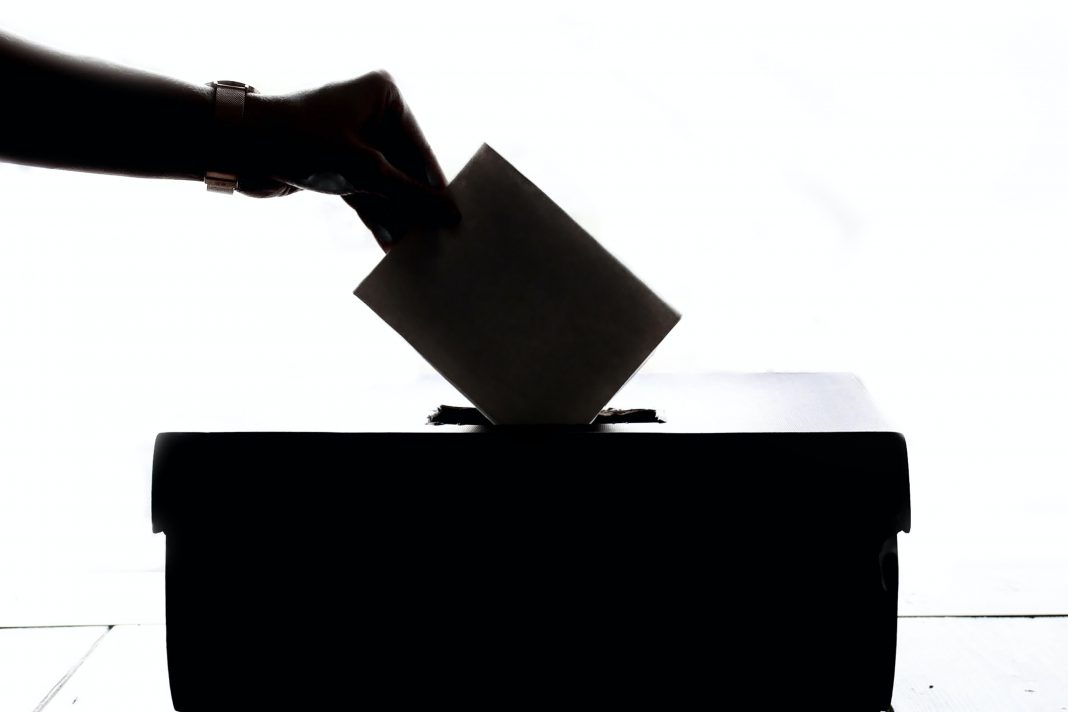WASHINGTON, D.C.—For the first time in the history of the United States, the House of Representatives enacted a plan to allow for proxy house votes and remote committee meetings due to the Coronavirus pandemic. Despite objections from the GOP, the vote was 217-189 in favor.
This will allow absent members to cast votes by proxy on the House floor, as well as for committees to allow members and witnesses to join from home for 45 days. The vote could be renewed or modified for the remainder of the congressional term that ends in January.
Republicans see the move as an “unconstitutional power grab.”
House GOP Leader Kevin McCarthy, R-Calif., stated “A virtual Congress would be a Congress that is connected to the Internet, but disconnected from the American people.”
An argument Republicans are making is that if other governmental authorities, like police and health care workers, are out on the front lines working during the pandemic, than so should Congress.
Democrats pointed out that Washington D.C. is still under the stay-at-home order until June 8, and should not risk the health of the staff on Capitol Hill.
Rep. Steve Cohen, D-Tenn. stated:
“Washington is a hot spot. It’s under a stay-at-home order.”
“You are not supposed to meet in groups of more than 10 people. We are more than 10. We are just protecting our members and protecting their loved ones and protecting their constituents. This is a good law. It gives people a chance to vote,” Cohen added.
Other countries such as Brazil, Canada, and the European Union have elected to impose remote and virtual proceedings to mitigate the chances of infecting their politicians and lawmakers. The British House of Commons utilized Zoom for Parliament to convene, something that has not happened in 700 years of the government’s history.
Under the new resolution, when a vote is called, members will “phone in” their vote on the floor to cast a ballot on behalf of the absent members. No member can be responsible for casting the ballots of more than 10 proxies. Members must also submit a letter to the Clerk of the House, Cheryl Johnson. Members are given at least a day’s notice before voting on the final passage on any measure. Any member can revoke their planned proxy by showing up in person to vote.






